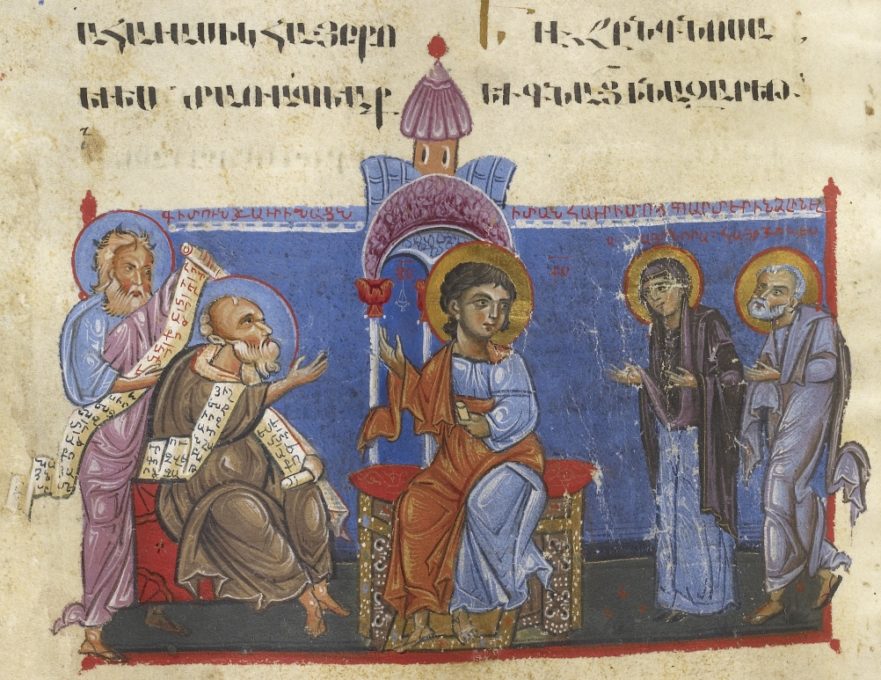This essay probes a number of Matthean and Lukan contributions to the shared Synoptic narrative, in search of possible reflections of contemporaneous Jewish customs and beliefs with broader circulation.
Did Jesus Save the Life of an Adulteress?
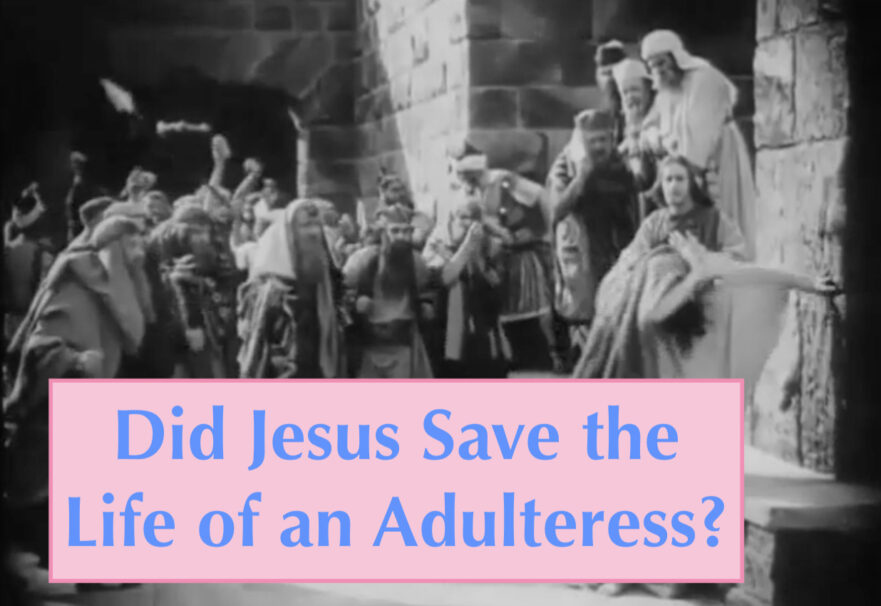
A fresh look at the text and at the historical evidence yields a version of the story of the Woman Caught in Adultery that turns out to be surprisingly different from the way it is usually portrayed.
Joseph’s Silence
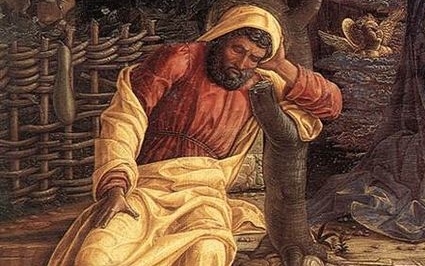
Scripture does not record a single word Joseph ever spoke. But Joseph’s example of quiet faithfulness encouraged others to trust God.
Gospel Postcard: The Garden of Gethsemane
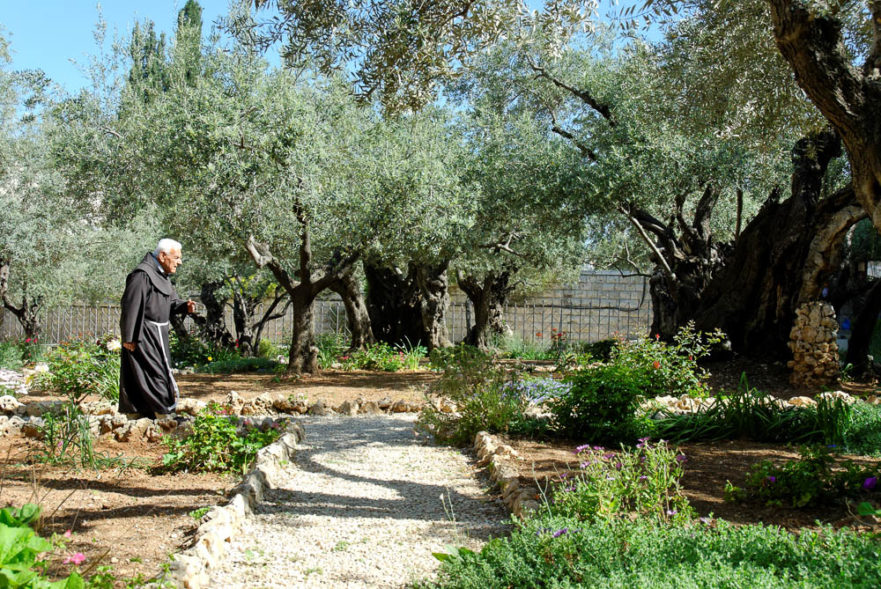
The traditional location of the Garden of Gethsemane is on the lower slopes of the Mount of Olives opposite the Temple Mount and its Golden Gate.
An Almost Unknown Hanina ben Dosa Story and Jesus: Exemplars of First-century Galilean Hasidic Judaism
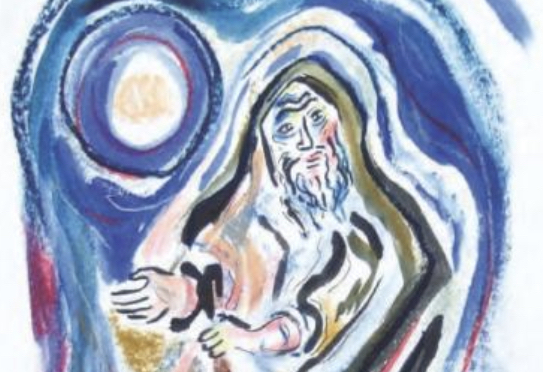
This story shows Hanina ben Dosa, one of the most important religious figures in Jewish history, exemplifying some of Jesus’ most profound and radical teachings.
Like Lightning from Heaven (Luke 10:18): Jesus’ Apocalyptic Vision of the Fall of Satan
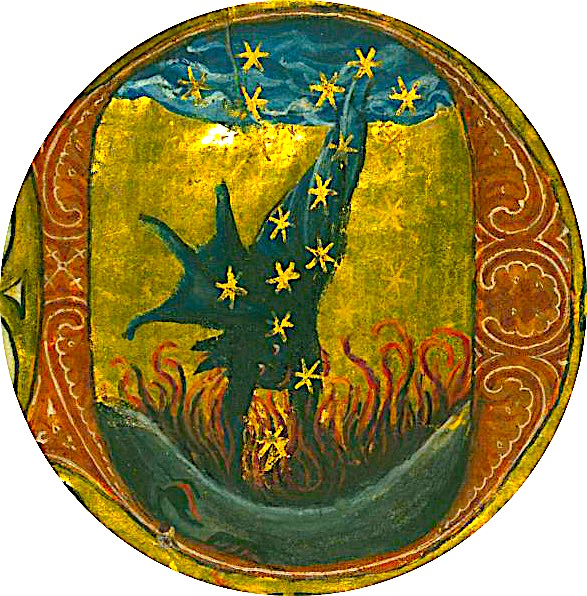
Did Jesus’ vision of Satan plummeting from heaven have a symbolic meaning that is not readily apparent to modern readers?
A Farewell to the Emmaus Road

Despite the Israel Antiquities Authority’s call to action, little has been done to preserve the ancient remains of a Roman road that are still visible in the area where Jesus traveled with two of his disciples on the day of his resurrection.
The Didache and its Relevance for Understanding the Gospel of Matthew

In this article, Professor Huub van de Sandt introduces readers to the fascinating treatise called the Didache, and discusses how this early Christian document, which was based on an earlier Jewish source, helps us understand the Gospel of Matthew.
Corrections and Emendations to Flusser’s Judaism of the Second Temple Period
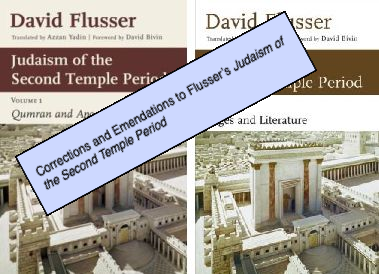
This blog collects all the mistakes we have noticed in the two-volume translation by Azzan Yadin of Flusser’s collection of essays, entitled Judaism of the Second Temple Period. We invite readers to submit any additional corrections they may have noticed.
Did Jesus Call God “Abba”?
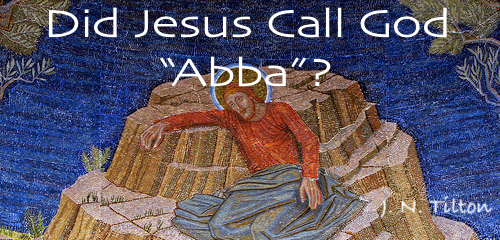
In the past, some scholars have relied on the evidence of Jesus’ use of the word “Abba” to draw far-reaching conclusions about Jesus, the language he spoke, and his relationship to Judaism. As part of their ongoing research for the LOY project, David Bivin and Joshua Tilton revisited the evidence for Jesus’ use of “Abba” as an address to God. Tilton summarizes their findings here.

